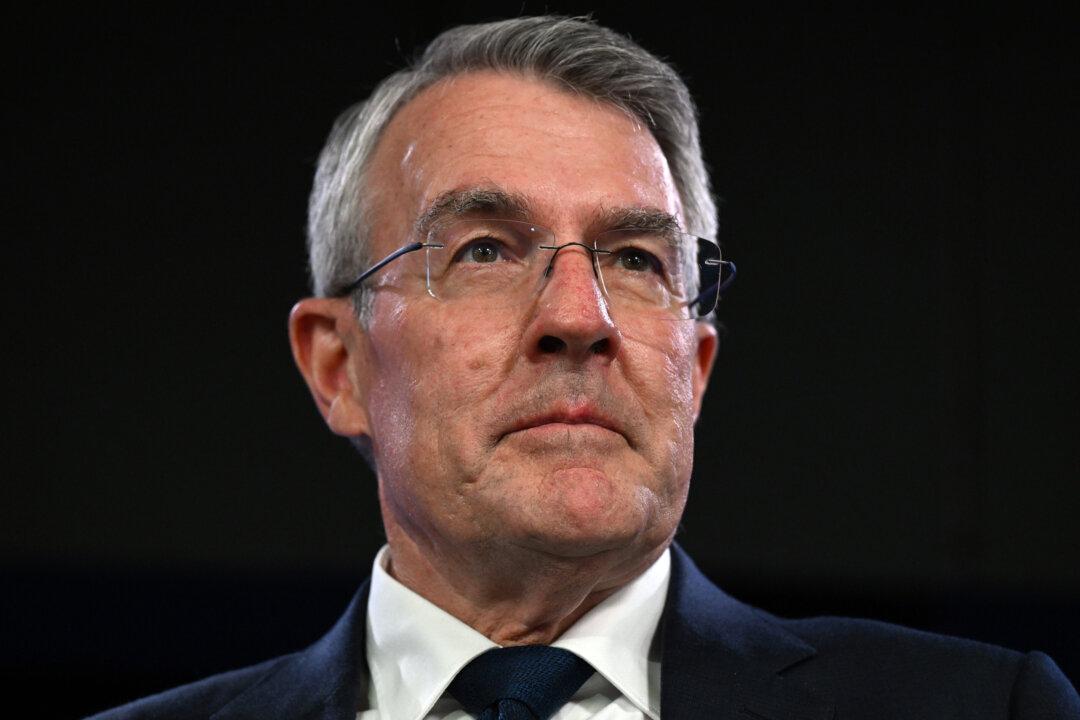Attorney-General Mark Dreyfus, the highest-ranking Jewish MP in the Australian government, is preparing to visit Israel amid escalating tensions between the Albanese Labor government and the Netanyahu administration.
The announcement follows deteriorating relations between the two nations in late 2024, largely driven by differing stances on the Israeli-Palestinian conflict and a series of anti-Semitic incidents in Australia’s major cities.





